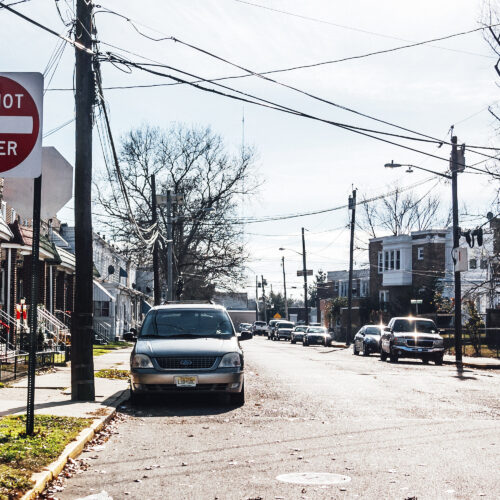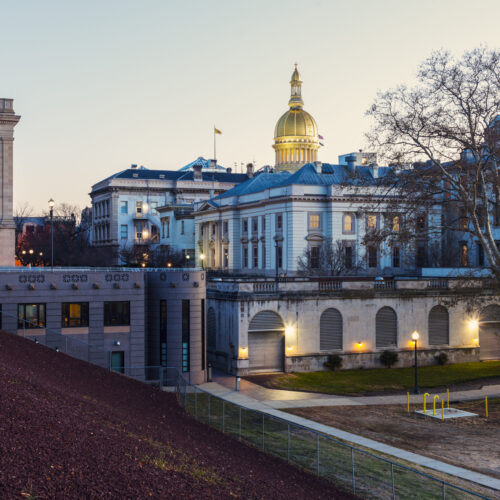New Jersey
The state of New Jersey funds and administers indigent defense services for adult criminal trials in some case types. Local governments fund and administer other case types. The state has no commission providing oversight of services.
The state of New Jersey funds and administers all indigent defense services for adult criminal cases in its appellate courts. A state agency and the judiciary administer services. The state has no commission providing oversight of services.
-
21 Counties Shared State and Locally Funded
-
21 Counties Shared State and Locally Administered
-
21 Counties with No Commission and Limited Authority
-
21 Counties State Funded
-
21 Counties State Administered
-
21 Counties with No Commission and Limited Authority
The state-funded New Jersey State Office of the Public Defender (NJOPD) administers indigent defense services for all “indictable” offenses (felonies in other states) and juvenile delinquency cases in superior courts, whereas municipalities are responsible for all “non-indictable” offenses (misdemeanors in other states) in municipal courts. NJOPD provides services in felony and juvenile cases through regional public defender offices and panels of private attorneys paid hourly. Municipalities are required to have at least one attorney designated as the municipal public defender to provide indigent defense services for misdemeanors.
The governor appoints a public defender to lead NJOPD. All indigent defense providers must adhere to performance standards established by the state supreme court. The public defender oversees all services provided by NJOPD but does not exercise oversight of services provided by municipalities in municipal courts. The state does not have a separate commission to provide oversight of the public defender.
The state-funded New Jersey State Office of the Public Defender (NJOPD) administers indigent defense services for appeals in all “indictable” offenses (felonies in other states). NJOPD provides services through a statewide unit as well as a panel of private attorneys paid hourly. NJOPD also represents adults in felony trials and juveniles. For appeals of “non-indictable” offenses (misdemeanors in other states), the state supreme court maintains a list of private attorneys to appoint on a pro bono basis.
The governor appoints a public defender to lead NJOPD. All NJOPD providers must adhere to performance standards established by the state supreme court. The public defender oversees all services provided by NJOPD. The state does not have a separate commission to provide oversight of the public defender.

Dig Deeper
How is the public defender selected?
What rules must municipalities follow when establishing a public defender office or private attorney system?
Is an indigent defendant required to pay a fee for their appointed counsel?
In which branch of state government does the indigent defense system reside?
Support Our Work
Criminal justice issues that disproportionately harm poor people, such as wrongful convictions and over-incarceration, cannot be fixed if indigent defendants are given attorneys who do not have the time, resources, or qualifications, to be a constitutional check on government. Yet, investment in improving indigent defense services remains largely neglected. The Sixth Amendment Center is the only nonprofit organization in the country that exclusively examines, uncovers, and helps fix the root of the indigent defense crisis in which inequality is perpetuated because poor defendants do not get a fair fight.
The Sixth Amendment Center is a tax-exempt 501(c)(3) nonprofit organization under EIN: 45-3477185.
Donations are tax-deductible to the fullest extent allowable under the law.
